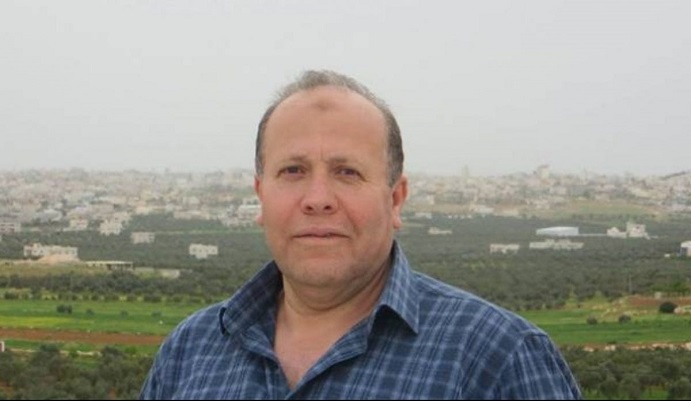Scientists for Palestine / November 8, 2020
Hours before Palestinian Astrophysicist Professor Imad Barghouthi’s scheduled release on Sunday November 8th, the military commander of the West Bank issued a new administrative detention order extending his imprisonment, which has been going on since July 16th 2020, by an additional three months and three weeks. The justification for this decision by the Israeli military referenced secret files in possession of the Israeli forces, which neither Professor Barghouthi nor his lawyer have been provided access to.
Professor Bargouthi continues to be held, in violation of international law, and kept from his family, students, and colleagues. More than a thousand of scholars worldwide have been engaged in demanding the release of the Palestinian Astrophysicist since his unlawful arrest earlier in the year and only weeks before the scheduled beginning of the Fall semester in Palestine.
Administrative detention, a procedure employed by Israeli authorities to jail indefinitely without trial and without charges and used routinely against Palestinians, has been condemned by the UN and is in direct violation of Article 14 of the International Covenant on Civil and Political Rights. Professor Bargouthi’s detention has been justified based on his social media activity, but repeatedly judges on his case have ruled in favour of his release during the trial.
However, following an indictment by an Israeli military court, the judge decided to release him on bail on September 2nd. Hours before his release, the Israeli military commander of the West Bank ordered an extension of Imad’s detention until November 15th, in contradiction of the judge’s decision. Again, the judge decided to release him on November 8th which was communicated to his family as definitive. Again, the Israeli military commander has contradicted the judge’s decision.
Scientists for Palestine strongly condemns this unlawful detention of one of our Palestinian colleagues. Professor Bargouthi’s situation is not uncommon and faced by many Palestinian scientists, students, and others. Through the case of Professor Barghouthi we hope to find a leverage to bring to the world’s attention also the situation of so many others. So long as this cruel, unlawful system continues, the hopes of Palestinian scientists (young and old) of becoming engaged members of the International Scientific Community will always fall short of becoming a reality !













